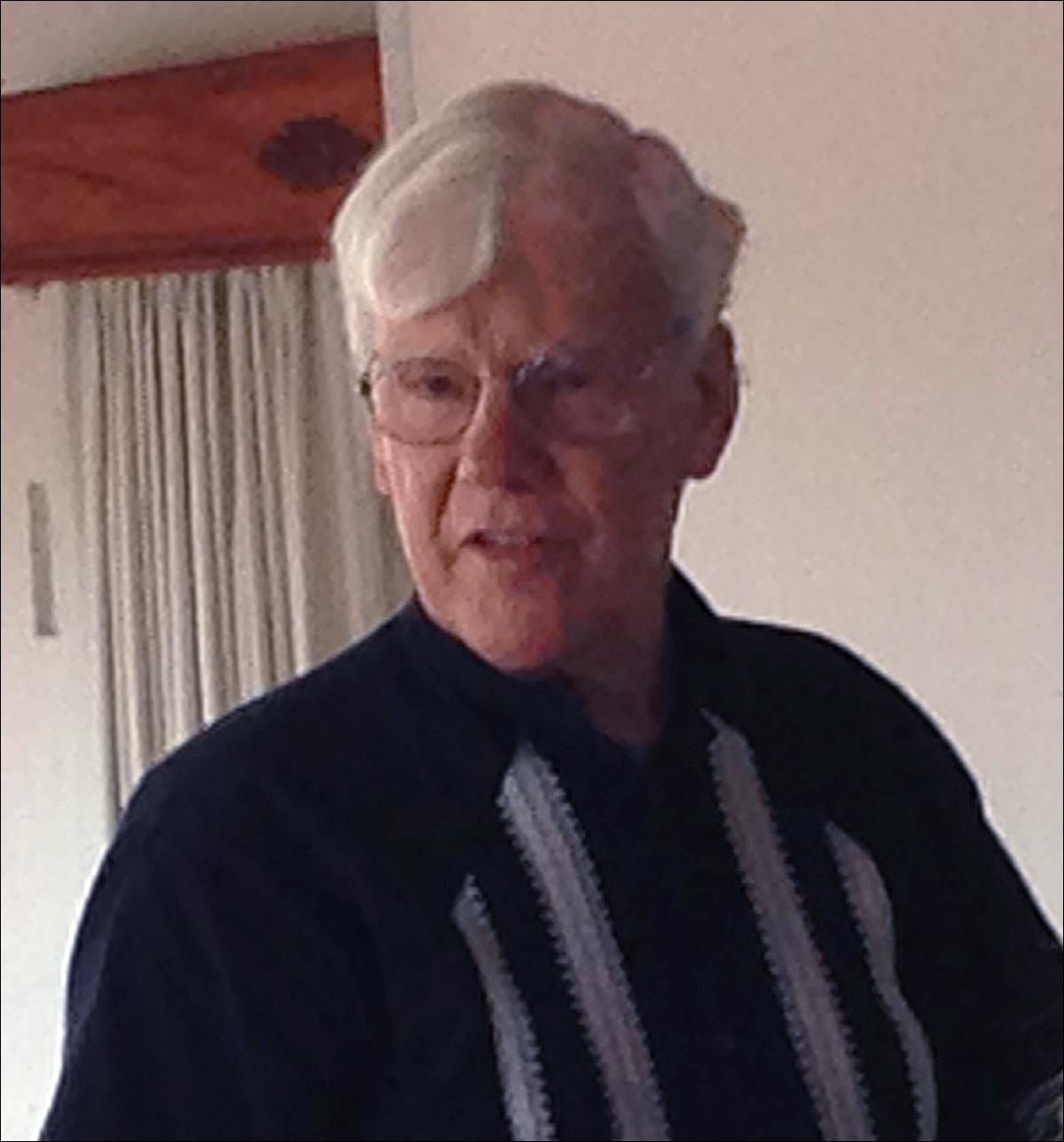Climate and Solar Energy Expert Donald Aitken Speaks at the Sept.16 CSRC Meeting
Posted on Sep 20, 2016

Donald Aitken was the guest speaker at the Sept.15 CSRC meeting in Chapala, and spoke on the reality and dangers of climate change, the progress on alternate energy technologies (solar, wind, geothermal, etc.), the political challenges new energy technologies face here in Mexico and the differences in climate change policy between the two political parties competing in this November’s US election.
He described how man has been tracking the earth’s temperature for the last 170 years, and there was a recent period when it had stabilized. But in the last few years it’s gone up dramatically, and the Northern Hemisphere (especially the Arctic) much more than the Southern. Global average temperature has gone up 1.2 degrees Centigrade (2.2 Fahrenheit). That may not seem like a lot, but the amount of additional energy put into the atmosphere as a result is enormous. Two trillion more tons of moisture has gone into the atmosphere, creating additional rain and unprecedented flooding.
In the Northern Arctic region the change is actually 6 degrees Centigrade, and 2016 is setting new records. Global warming is very real, and all the data suggests that it’s man-made. Historically, we’re in a natural cycle of a cooling trend, but, because of human activity, the temperature is going up instead of down.
With all this in mind, he then spoke about the climate and energy policy platforms of the two key parties in the upcoming US election. Trump says global warming does not exist, but the Republican party does not go that far. That said, climate change is not a major element in the Republican platform, and they want out of the Paris Accords and other international treaties relating to global warming, climate change, and ozone depletion. The Democrats have a more positive viewpoint on the issue and an aggressive platform – they feel it would be a mistake to let another country take the lead on developing renewable energy.
Switching to the energy marketplace, renewable forms of energy (solar, wind, geothermal, etc.) are all moving to a lower cost. For example, costs have come down 85% in the past three years for solar energy, now making it competitive for utilities to build, instead of conventional fossil-fuel-powered generation (coal, oil, natural gas). Wind has been less than most conventional fuels for several years. Local communities are going in this direction, and today 62 million people in eight countries live in areas committed to 100% renewables by the year 2020. 42 states have adopted policies to promote renewables that Dr. Aitken designed and introduced.
Today just 1.2% of the electricity comes from solar, but by 2020 it could be 10%. Aitken put together a plan for Mexico to be 100% renewable using a combination of solar, wind, geothermal, hydro and biomass. It showed that Mexico can go renewable in its electricity production without fossil fuel backup. It’s technologically and economically possible – Mexico has the third-greatest potential for solar energy in the world.
Crystal silicon solar panels last up to 35 years, and our electricity rates here are among the highest among industrial countries. As a result, here there is a 4-5 year payback for rooftop installations with solar panels here. In the US 50% of all solar energy installations are third-party financed – the homeowner pays nothing initially and gets a reduced power bill. After ten years he owns the system.
About the Speaker
Dr. Donald Aitken is the principal at Donald Aitken Associates, a consulting firm focused on climate-sensitive sustainable development and building design worldwide in harmony with nature. In this context, sustainability means meeting the needs of present generations without compromising the needs of future generations. Over the last 35 years he has done designs for extreme energy efficient buildings, some featuring a 70% reduction in energy use.
Some of his achievements …
From 1976 to 2010 he was a faculty member of the Frank Lloyd Wright School of Architecture in Scottsdale, Arizona. He was also a staff Research Physicist and Astrophysicist at Stanford University for nine years.
He was Chairman of the Department of Environmental Studies at San Jose University for 21 years, and was was named Professor of the Year there. He served for two years as Executive. Director Of the Western Regional Solar Energy Center for the US Department of Energy.
He has over 100 publications in these fields, and has served as Chair of numerous Forums and Conferences on Solar Energy. In 1997 he received the Abbot Award from the American Solar Energy Society, its highest honor for a lifetime of service in solar energy. And in 2011 he received a special award for public service in promoting solar energy by the FIDE, the Mexican Trust Fund for the Saving of Electric Energy in Mexico, and he now serves on its Board, the only non-Mexican serving there.
For the last eight years he has given talks on Global Warming and Renewable Energy at Open Circle, the Sunday morning group that meets at LCS where he drew crowds of 300-400 people.
